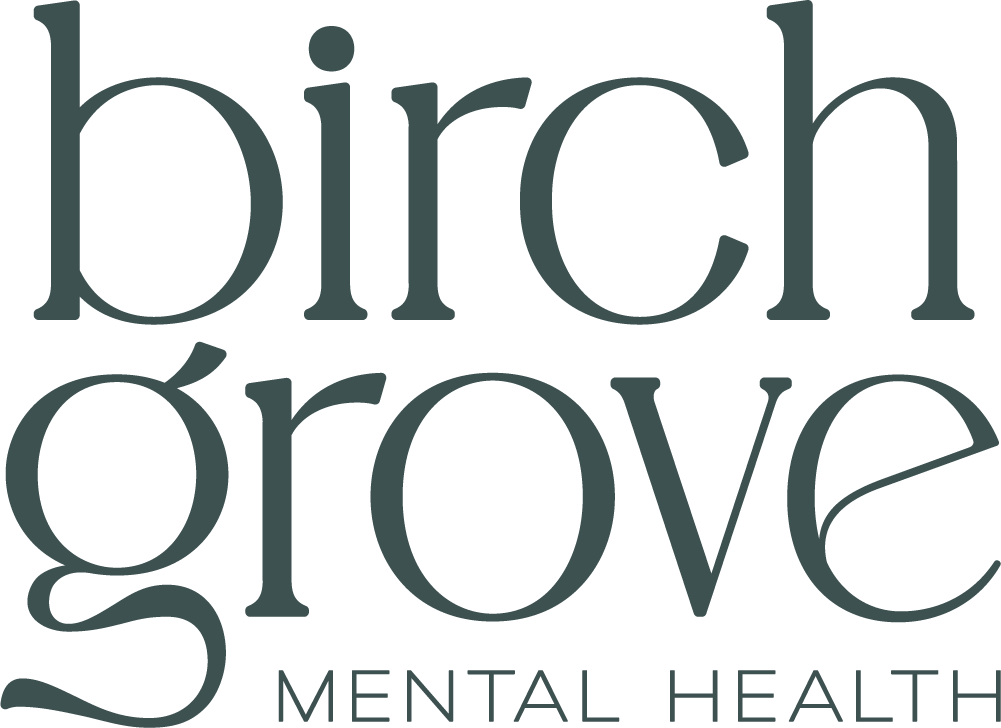
Do you have Defined OCD medication management goals?
Are Medication Side-effects an Issue?
Is Your OCD Treatment Plan Working?
Obsessive Compulsive Disorder
Impacts & Treatment
OCD
Obsessive-Compulsive Disorder (OCD) is a mental health condition characterized by persistent, intrusive thoughts (obsessions) and repetitive behaviors (compulsions).
In the U.S., approximately 1.2% of adults experience OCD annually, with lifetime prevalence at 2.3%.
Common symptoms include
Obsessions
- Persistent, intrusive thoughts, images, or urges that create distress.
- This can include fear of contamination, harm to oneself or others, or need for symmetry
- Intense fear or doubt, such as questioning whether doors are locked or appliances are off.
- Overwhelming concern with morality or avoiding mistakes.
Compulsions
- Repetitive behaviors performed to reduce anxiety.
This can include excessive handwashing, checking, counting, or arranging items. - Mental rituals, like silently repeating phrases or prayers.
- Avoidance behaviors, such as steering clear of specific places or activities to prevent triggering obsessions.
These symptoms can significantly interfere with daily life, relationships, and overall well-being.
Making it through the day...
Living with OCD can feel overwhelming every day.
Morning Routines
For many people with OCD, the day begins with rituals that can take hours. For instance, someone might check the locks on their doors repeatedly, feeling intense anxiety until they’ve verified they’re secure “just right.” Others might need to wash their hands a set number of times to feel clean, even when it disrupts their ability to get ready for work or school.
OCD expresses in symptoms and intentsity differently for everyone. Time spect managing your symptoms can widely vary, but impactful no matter.
Work or School
OCD doesn’t take a break during the day.
In a work or classroom setting, intrusive thoughts can make it hard to focus, leading to decreased productivity or performance.
A person might fear they’ve made a mistake and feel compelled to double-check or redo their work multiple times, causing delays. Social interactions can also be challenging, as they may worry about saying or doing something wrong.
Navigating the Everyday Activities
Simple tasks, such as grocery shopping or driving, can become overwhelming. A person with OCD might fear contaminating themselves or others, leading to avoidance or meticulous cleaning.
If they have obsessions related to causing harm, they might excessively check mirrors to ensure no accidents occurred, even when there’s no evidence.
End of Day
The end of the day is often no easier.
Obsessive thoughts can interrupt dinner, leisure activities, or family time.
Bedtime routines might involve repeated checks – like ensuring the stove is off or doors are locked before feeling safe enough to sleep.
Even then, the thoughts can continue, leading to restless nights and fatigue.
Impacts to relationships
OCD doesn’t just affect the individual—it ripples through their relationships.
Partners may feel confused or frustrated by compulsive behaviors, while children and parents might struggle to understand the condition.
Relationship OCD (ROCD) can lead to obsessive doubts about loved ones, creating emotional strain.
Open communication and education about OCD for everyone involved are essential for fostering understanding and support within the dynamics of your relationhsips.
Treatment
OCD is most effectively addressed through a combination of therapy and medication management.
Therapies
- Cognitive Behavioral Therapy (CBT) is considered one of the most effective treatments for OCD. Within CBT, Exposure and Response Prevention (ERP) is a specialized technique that helps individuals confront their obsessive fears without engaging in compulsive behaviors.
- Acceptance and Commitment Therapy (ACT): Focuses on accepting distressing thoughts and committing to value-based actions, which can complement CBT approaches.
Medications
There are a handful of medications that are effective in addressing OCD symptoms.
- SSRIs are commonly prescribed to help regulate serotonin levels and reduce the severity of symptoms.
- Where SSRIs are notr effective, there are alternatives
- OCD medications are not one-size-fits-all, and must be closely monitored as combinations of medications are frequently tailored to the individual and their symptomology.
A combination of therapy and medication is often the most effective approach, addressing both the cognitive and neurochemical aspects of OCD.
Reclaim your life
With effective treatment, individuals with OCD can experience significant improvements in their quality of life, such as
- Reduction in the frequency and intensity of obsessions and compulsions.
- Increased ability to perform daily tasks and maintain a routine.
- Improved emotional well-being and reduced anxiety.
- Strengthened relationships and enhanced social interactions.
- Greater confidence and independence in managing symptoms.
While every individual’s journey is unique, wholistic treatment provides everyone with OCD the opportunity to live life on their terms.
OCD Medication ManagementBirch Grove Mental Health
Experienced in the Tricky Medication Management of OCD
Creative Approaches to Getting You Back to You
We see Great Changes Every Day
Let’s Get Started
Treatment empowers you to rediscover the person you’ve always been
Birch Grove Mental Health
other conditions we diagnose & treat
Anxiety – Persistent, overwhelming worry
- Excessive worry or fear
- Restlessness or feeling on edge, difficulty relaxing
- Fatigue or feeling easily tired despite adequate sleep
- Difficulty concentrating or remaining focused
Bipolar Disorder – Mood swings, irritable, impulsive
- Manic episodes of high energy, grandiosity, risky behaviors
- Hypomanic episodes of less severe mania & elevated activity
- Depressive episodes characterized by sadness & apathy
- Mixed episodes include both mania and depression
ADHD – Inattention, hyperactivity, impulsivity
- Difficulty staying focused or on-tasks
- Hyperactivity includes constant movement, fidgeting
- Impulsively or hastily acting without thinking
- Difficulty with detail resulting in careless mistakes
Blog post…
Recognizing Adult ADHD
more…
ADHD Testing & Treatment
Depression - Sad, fatigued, unmotivated
- Persistently low or depressed mood
- Loss of interest or pleasure in activities once enjoyed
- Significant changes in appetite or weight
- Sleep disturbances such as too much or too little sleep
Trauma – Nightmares, hypervigilance, flashbacks
- Intrusive, distressing flashbacks of the traumatic event
- Avoid people & situations that remind you of the trauma
- Persistent negative emotions, feeling detached from others
- Easily startled, feeling on edge, or difficulty sleeping
Thought Disorders – Disorganized, paranoid, delusional
- Disorganized thinking, incoherent speech.
- Loose associations by jumping between unrelated topics.
- Tangentiality through inclusion of irrelevant information.
- Incoherence (word salad), illogical word combinations
Panic Disorder – Intense, sudden fear
- Panic attacks episodes of intense fear & discomfort
- Symptoms include palpitations, sweating, trembling
- Fear of future attacks creates worry of more attacks
- Avoids places where previous attacks occurred
The stuff of life
- Stress Management
- Life Transitions
- Relationship issues
What patients say about us…
My teen son has started seeing Sunami for several months. It’s been great to see and hear his trust in her grow. We are building a toolset that my son can practice and use. It takes a village; happy and relieved to have found Sunami for my son’s mental health journey.
Highly recommend! Virtual appointments are very easy and scheduling is always flexible. Highly knowledgeable and trustworthy. Medication refills are sent in timely.
This practice has been so helpful for my whole family. They have been so flexible with appointments and are always responsive. Our NP is very knowledgable and caring. Highly recommend!
Meet The Team
We are a team of psychiatric nurse practitioners united by a shared passion for making a difference in the lives of those facing mental health challenges.

Sunami Gurung
CT, MA, NH, NY, RI, VT
Psychiatric Nurse Practitioner
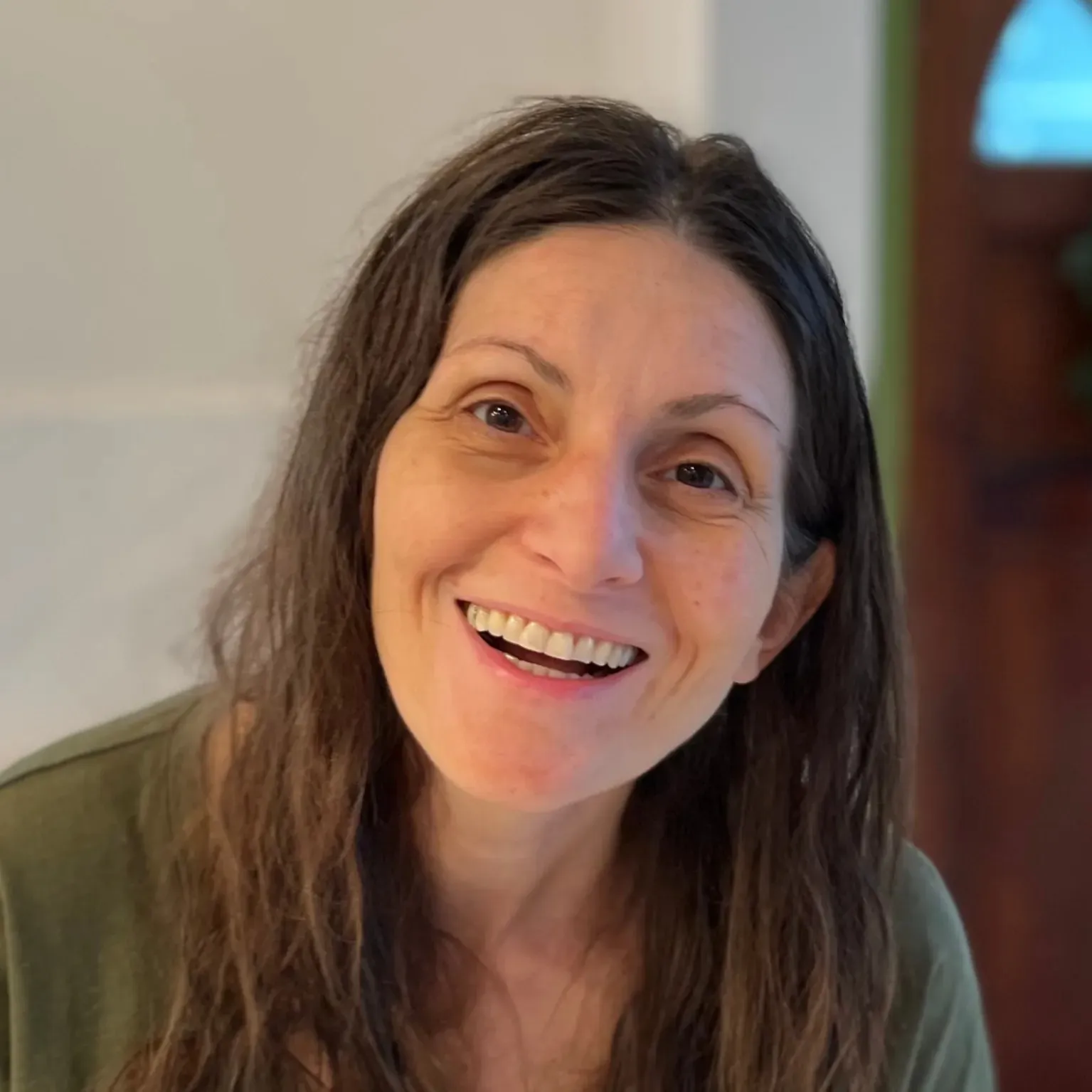
Natasa Ristivojevic
MA, NH
Psychiatric Nurse Practitioner
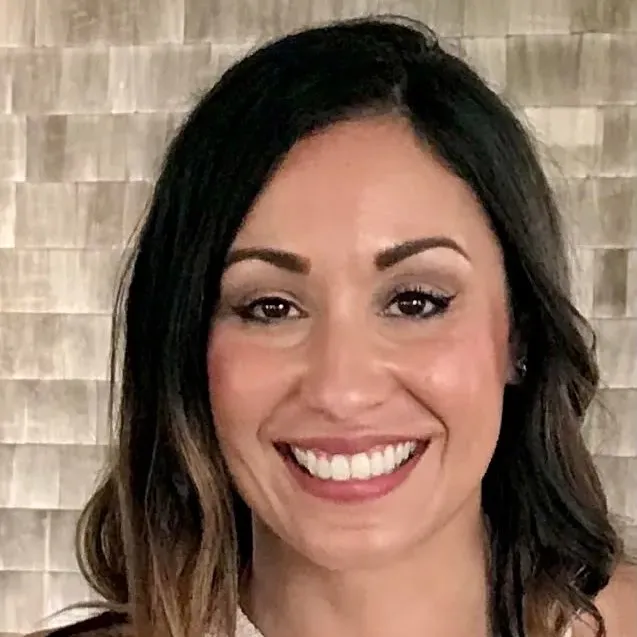
Salma Trainor
MA, NH
Psychiatric Nurse Practitioner

James Quackenbush
MA, NH, NY
Psychiatric Nurse Practitioner
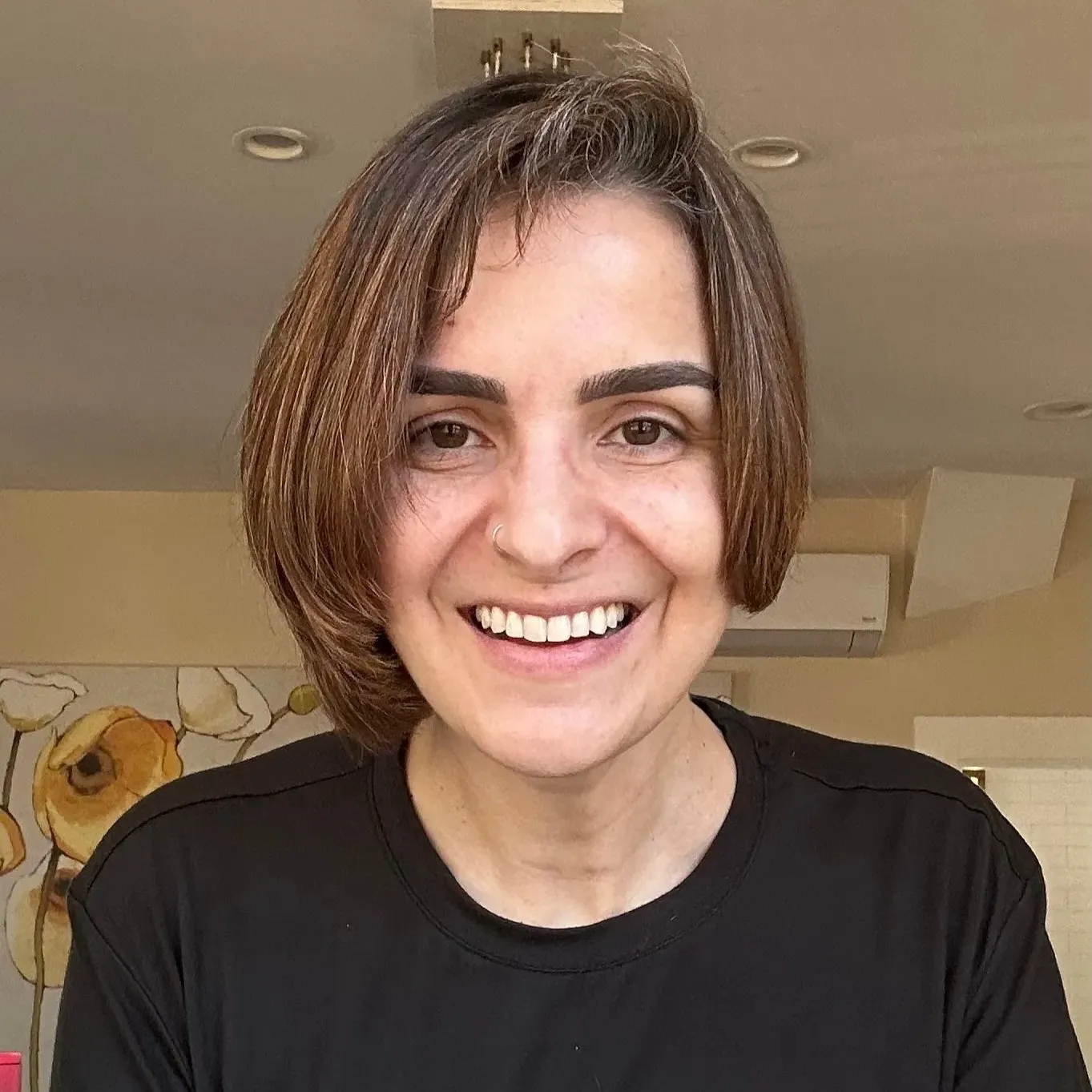
Juliana S Pires
CO, CT, MA, NH, NY, OH, OR, RI, UT, VT
Psychiatric Nurse Practitioner
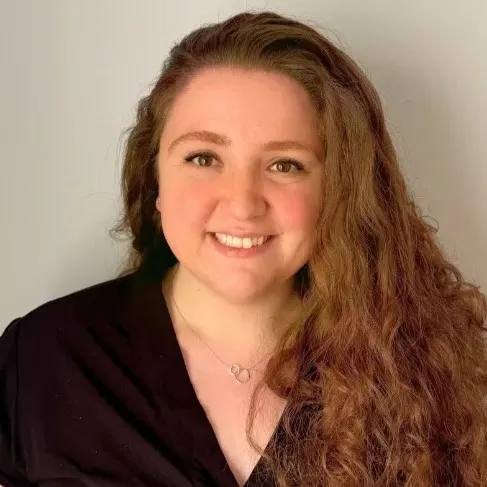
Erin Savage
MA, NH
Psychiatric Nurse Practitioner
Sunami Gurung
Psychiatric Nurse Practitioner
Approach
- Person-centered approach
- Tailored treatment plans
- Evidence-based medication management & psychotherapy
Clinical interests
- Depression & Anxiety
- Bipolar disorder
- OCD
- Trauma & PTSD
- ADHD
Languages
- English
- Nepali
- Hindi
Locations
- MA, NH, NY
Salma Trainor
Psychiatric Nurse Practitioner
Approach
- Passion for supporting others
- Empathic relations is foundational
- Collaborative and inclusive
Clinical interests
- OCD
- Depression
- Anxiety
- Bipolar disorder
Languages
- English
Locations
- MA & NH
Natasa Ristivojevic
Psychiatric Nurse Practitioner
Approach
- Wholistic approach prioritizing human connection
- Evidence-based interventions
- Judicious medication management
Clinical interests
- Psychotic disorders
- Mood disorders
- Substance use
Languages
- English
- Serbian
Locations
- MA & NH
James Quackenbush
Psychiatric Nurse Practitioner
Approach
- Collaborative focus on goals and you
- Evidence-based planning
- Empowering you toward well-being
Clinical interests
- Depression & Anxiety
- PTSD
- Borderline
- Personality disorder
- Bipolar disorder
- Schizophrenia
Languages
- English
- French
Locations
- MA, NH, & NY
Juliana S Pires
Psychiatric Nurse Practitioner
Approach
- Medication management
- Coping skills development
- Empathic listener, genuine, honest
Clinical interests
- Depression & Anxiety
- Bipolar disorder
- Schizophrenia
- Trauma & PTSD
- ADHD
Languages
- English
- Portuguese
Locations
- CO, CT, MA, ME, NH, NY, OH, OR, RI, UT, VT
Erin Savage
Psychiatric Nurse Practitioner
Approach
- Compassionate & empathic listening
- Tailored treatment to goals
- Utilize cognitive behavioral therapy & coping skills development
Clinical interests
- Depression & Anxiety
- Bipolar disorder
- Schizophrenia
- Trauma
Languages
- English
Locations
- MA, NH
Insurance, payments, costs, locations
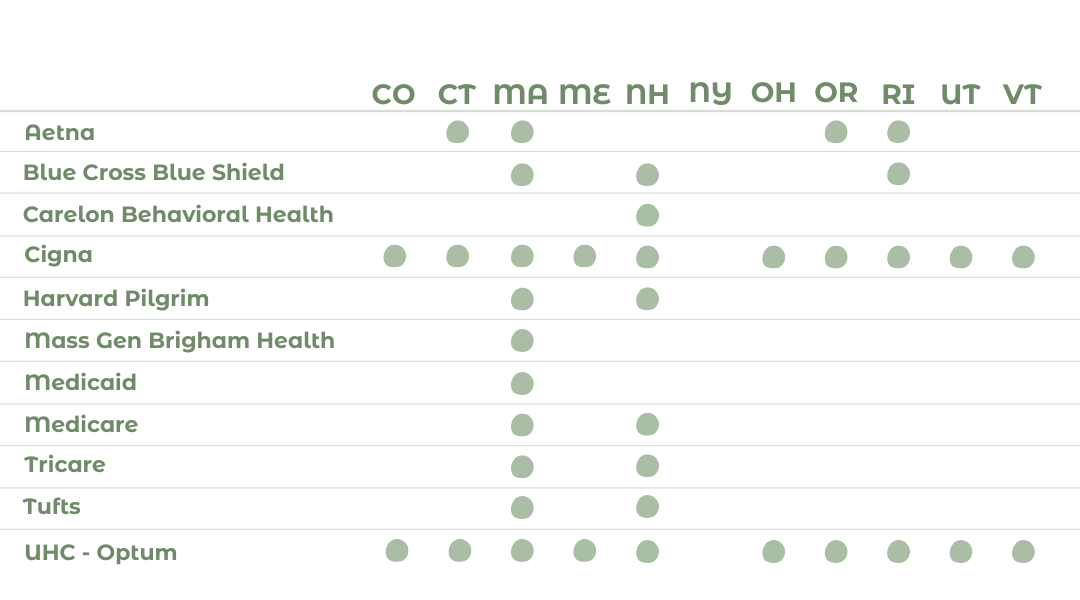
Costs
Evaluation $300
Follow-up $180
Payment Options
Zelle/Venmo
Major Credit Cards
With the right support, OCD can become a manageable part of your story,
not your whole story.
Why Birch Grove Mental Health?
Our team of Psychiatric Nurse Practitioners are passionate about supporting individuals affected by mental illness
Through effective and practical medication management, we see victories every day
In Person Sessions
MA & NH
You-Centered
Prioritizing your Care, Progress, and Wellbeing
Your Goals
Personalized Treatment Plans
Telehealth
Flex to your schedule and life
Your Voice Matters
Collaborative Decision Making
You Have a Life
Flexible hours and ways to connect
FAQs
Benefits of Online Psychiatric Treatment?
- Easy scheduling: Book appointments at your convenience without the need to commute.
- Support when you need it: Access professional care from the comfort of your home.
- Privacy and flexibility: Maintain confidentiality while receiving care tailored to your schedule.
How long does the appointment last?
- Initial appointments are typically 60 minutes
- Subsequent appointments are 30 minutes or more – durations vary based on need
How will I know where to start my online session?
Once we confirm your appointment date & time, the link to your session room will be forwarded via email.
What types of therapy do you offer?
We provide individual therapy for children, teens, adults, and older adults. Our approaches include Cognitive Behavioral Therapy (CBT), Motivational Interviewing, and Solution-Focused Brief Therapy (SFBT).
Where do you offer services?
We provide services in:
In-person & telehealth
- Massachusetts
- New Hampshire
Telehealth only
- Rhode Island
- Utah
- Maine
- Ohio
- Vermont
- New York
- Colorado
- Connecticut
What can Birch Grove psychiatric nurse practitioners diagnose and treat?
We provide care for a wide range of mental health concerns, including: Anxiety, Depression, Bipolar Disorder, ADHD (Attention Deficit Hyperactivity Disorder), Stress management, Behavior Issues, Mood Disorders, Medication Management, Thinking Disorders, and Weight Loss.
What meds do autonomous psychiatric nurse practitioners prescribe?
Autonomous psychiatric nurses, or advanced practice psychiatric nurses (APRNs), can prescribe a variety of medications to treat mental health conditions. These include:
- Antidepressants: For depression and anxiety disorders (e.g., fluoxetine, sertraline).
- Antipsychotics: For schizophrenia and bipolar disorder (e.g., risperidone, olanzapine).
- Mood stabilizers: For bipolar disorder (e.g., lithium carbonate).
- Anxiolytics: For anxiety disorders (e.g., alprazolam, lorazepam).
- Stimulants: For ADHD (e.g., methylphenidate, amphetamine/dextroamphetamine).
These medications help manage symptoms and improve the quality of life for individuals with mental health conditions.
What are your hours of operation?
Telehealth and in-person appointments hours are
Mon-Fri, 6:30am – 6:30pm
What is the cancellation policy?
You can reschedule or cancel your appointment with at least 24 hours’ notice to avoid cancellation fees.
What should I expect from the scheduling process?
Our scheduling process involves a few simple steps:
- Contact us via the Get Started button
- Complete intake forms via our secure patient portal.
- Add payment information: To confirm your appointment, you will need to add your payment information to the portal. This information is securely stored and only accessible to you via your personal login and password.
- Submit insurance information: If applicable, we will need to verify your insurance information to ensure that we can process your payment and accept your coverage.
- Choose your provider and appointment time: Once your forms and payment are completed, you can select your preferred provider, date, and time for the appointment.
- Appointment confirmation: After all forms are filled out and payment is processed, we will confirm your appointment.
Are your providers licensed to prescribe medications?
Yes, all of our providers are fully licensed and able to prescribe both controlled and non-controlled medications as part of a comprehensive treatment plan.
How can a parent or guardian schedule an appointment for a minor?
Parents or guardians can schedule appointments for their children by contacting us through the Get Started link at the top of the page. Parental consent will be required before the first session.
Make the Change
